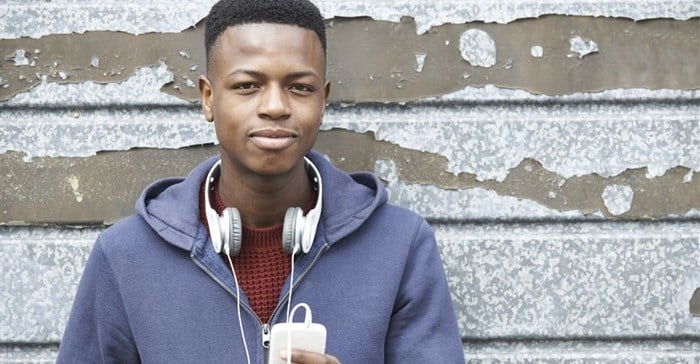The rise of Afrilennials and how to communicate with them

Millennials represent the largest segment of the population. They are a growing segment, they are crucial and form an integral part of target market conversations when it comes to youth focused brands. Marketers across the globe are trying every day to master communicating with them and how to build conversations in an attempt to better understand youth culture.
South African Millennials are ambitious and place value on education. If anything, education is used as a means to an end, to gain skills to grow in businesses or start their own ventures. This further emphasises itself in the rise of Afrilennials.
Student Village conducted research on Afrilennials and revealed the differences between African Millennials and of those abroad. African Millennials termed “Afrilennials,” as a way to separate the struggles of black South African Millennials and understanding that the issues they face as Millennials are not shared by all.
The largest take out being Black South African Millennials chase success at an accelerated rate because there are a lot more people who depend on them back home. A successful first born black child has a duty to take care of those who put him/her through school.
Simply put, their challenges are different. Their background is different which results in a different outcome for the black Millennials first salary vs the global Millennial. Hence the need to further one’s self and focus on a career that brings in more money.
Chasing Success? Most definitely. They don’t call the Millennials the entrepreneur generation by mistake. Millennials are a lot more driven, ambitious and in touch with what is going on. They are in a much better place to grow, learn and collaborate with each other.
This is where brands should be engaging. Brands/companies need to listen to Afrilennials more now than ever, joining the conversation, watching what they talk about, what interests them, what bugs them.
Have brands started listening to the Afrilennials conversations? We are talking about the largest growing segment globally. One ought to listen. Once emulated in a brand story/campaign, you have interest, you are relevant.
What is important about Afrilennials:
- Afrilennials will not be defied by the system any longer; they will get ahead with or without help. There is “no –nonsense” approach to life. People are vocal about what they want. Social media prefers the term “woke”. 2015 proved this with #Feesmustfall. An earnest cry for the right to education, a right to improve their lives and escape a life of poverty. For a brand/company this changes how they see and approach Afrilennials. It changes how one views the opportunities and skills they would receive and whether or not there is growth. Brands ought to upskill young employees, equip them to leave with enough knowledge and skill to improve themselves and where they go next.
- Aspirational advertising that celebrates who Afrilennials are and their potential will win. As people that grow more and more, brands need to communicate towards success. In general aspiration works in a way to identify with consumers on an emotional level and it helps consumers see beyond their current circumstances. Afrilennials are slowly moving towards accepting and loving who they are. You see more campaigns celebrating Afrocentric themes (think recent Amarula ad) or promoting Young African designers who are successful on an international level (Laduma Ngxokolo). These are the stories that brands should be engaging in, the stories that brands should be telling. Celebrating the Afrilennial, entrepreneurs, people doing remarkable things and have managed to beat the odds. What are Afrilennials about? Yes making money, but they are also about chasing dreams and passion. This is what enables them to collaborate so easily with shared visions and dreams and an ability to support one another in getting ahead.
- As most Millennials are hungry for success, there is a rise in the entrepreneurial mind set, a strong “can – do it” attitude and they are a group that have been labelled the “Entrepreneur generation.” American entrepreneur and the co-author of the book, “2 Billion under 20: How Millennials are Breaking down Age Barriers and Changing the world,” talks about this in her book by sharing success stories from across the globe.
- What this shows is to what extent Millennials are changing the rules, taking risks to make it on their own and on their own terms. What Afrilennials are after is a chance to learn as fast and as much as possible so they can be their own bosses, run their own companies and change the lives of those behind and ahead of them. Afrilennials want to build legacies for their children too. What this means for companies and brands is that they need to understand not every Afrilennial has an employee mind set; some want the knowledge, mentors, to grow and learn from people who have done it. Mentorship plays a big role in learning.
Brands cannot afford to communicate to everyone the same way. There is a big difference in the way Millennials see the world.
While it’s is a fair point to say yes, not all Afrilennials come from struggle or poverty. Some are inherently driven, see a future and chase after it. What one needs to understand is the group of Afrilennials who do have a history of struggle from one generation to the next. This is what drives the need to prosper and also changes the way they see and do life.
About Nandi Zambodla
View my profile and articles...